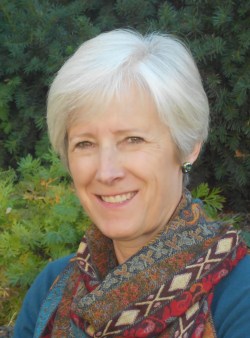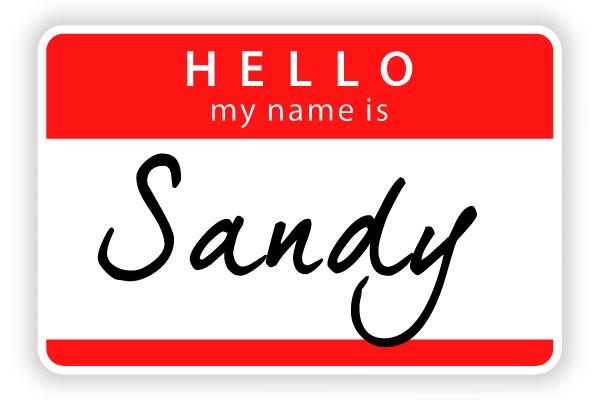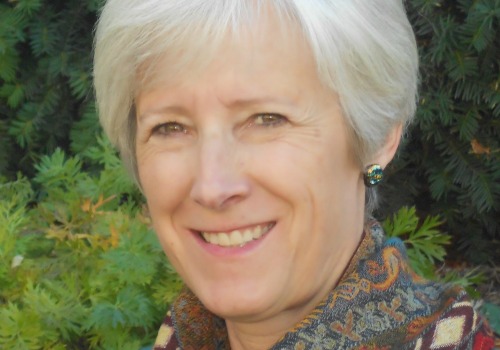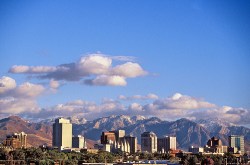If you said “Salt Lake City” during a game of free association, not too many folks would shout “sustainability” back at you. Unless they’ve spent some time in the burg of 200,000, you’d probably hear a variation on one of three things: Mormons, snow, or sobriety.
The Mormons part is true — this is their promised land and world headquarters — but the city’s politics are decidedly progressive, never mind that over 70 percent of Utah went to Mitt Romney. “Those of us who live here in the city are almost responding to the rest of the state being so conservative,” says Salt Lake’s sustainability chief, Vicki Bennett. The snow? That’s real, too, but wait 40 years — the climate will take care of that. As for the dearth of alcohol, Bennett assures us, “Yeah, you can get a drink.”
And there are serious discussions about what makes a city sustainable here, too. Mayor Ralph Becker (D) is an environmental planner by training, and that, says Bennett, makes her job much easier. “He really understands how this broad term of sustainability can be applied,” she says. “It wasn’t a matter of having to educate an elected official as to why you are there. He’s usually five steps ahead of us saying, ‘Here’s where we need to go.’”
But where Salt Lake needs to go is directly tied to where the greater metropolitan area, population 1 million, needs to go. Between workers at local businesses and students and employees of the University of Utah, the population in Salt Lake doubles during the work day. The city suffers from poor air quality, due in large part to the never-ending river of cars pouring in and out from its burgeoning suburbs. Part of Becker’s, and Bennett’s, job is reaching out to much less progressive populations and governments.
I talked to Bennett for Knope and change, our series on the women fighting the green fight in our cities. Here are some snippets from our conversation about working with Republicans on environmental issues, a climate-changed Salt Lake, and whether or not Jon Huntsman is a freak.
Q. How does Salt Lake’s high Mormon population affect your work?

Vicki Bennett. No relation to former Sen. Bob Bennett.
A. Salt Lake City was settled by the Mormon pioneers, and they came basically as refugees. They were fleeing persecution. They had to be independent. If you look at how they developed this valley for many years, they took a real comprehensive, holistic approach to planning the city. They were the personification of sustainability. They had to survive and work the land in such a way that they could make it from year to year.
In a way, it helps us frame a lot of what we’re doing. We often start with, historically that’s where the roots of Utah came from — the need for a sustainable society. It’s just what we’re trying to do again.
Q. That’s a nice thought, but Utah is a deep, deep red state. How do you go forward on these issues when the Republican Party right now denies climate change and is dead set against environmental regulations?
A. When you’re talking with someone you have to frame the issue in ways that will show them the benefits in terms that they’ll understand. For example, if we’re concerned about climate change, here in Salt Lake City, we signed onto the Kyoto Protocol in 2002 on the eve of the Olympics. In five years, we met the Kyoto goals by reducing our municipal operation climate footprint. We can talk about that climate footprint in Salt Lake and that’s very acceptable.
If we work with other, more conservative cities, then we talk about air quality issues and reducing vehicle miles traveled and the benefits of energy efficiency to minimize how much electricity we’re using and reducing the amount of oil and heating fuel and natural gas we need. It has the same outcome — to reduce people’s use of carbon-based fuels.
I was at a meeting with a group of mayors — one of them, a very conservative Republican, made the comment to me, “Well, I had an energy efficiency audit done on my business so I could save money.” And I said, “That’s great. That’s exactly what we want to hear.” And then he looked at me and said, “Yeah, and I reduced my carbon footprint.” I just about fell off my chair. That’s a lot of how we have to do it. It’s just a framing.
Q. Former Utah Gov. Jon Huntsman was the only GOP presidential candidate to admit global warming is real and human-caused. Is there a history of Utah Republicans accepting climate change or was he a freak?
A. He was a total outlier in the state. He was the most progressive Republican. Those of us who worked with him on the issues really appreciated his stance — boy, if he had gotten the nomination, I think he would truly lead. But the [most staunch] conservatives I think were upset with the fact that he went as far as he did.
Q. New York City is feeling the impacts of climate change. Is Salt Lake starting to see effects as well?
A. We already have data that shows that the changes are hitting us. Seventy percent of our water comes directly from the mountains. Most of the water is stored, over the course of winter into mid-summer, via snowpack. We don’t have reservoirs immediately next to the city. [With climate change], we are getting slightly lesser on-average snowpack and the runoff is earlier. So we don’t have the stored water like we have had in the past.
And we’re worried about the quality of water because we’re beginning to see more and more beetle-kill in our forests. Because of the drier soils and the much higher chance of wildfires, we are [worried about] silt in the water.
We’re also going to have to look at health issues. Our health department is concerned about diseases and vectors [PDF]. So it could be quite a long list. We’re starting our formal planning and looking to see where our vulnerabilities are. It’s really quite eye-opening.
Q. What has the approach on water been? Are you working on reducing consumption?
A. Definitely. That’s something that’s been going on for quite awhile. We had a Slow the Flow Campaign that’s reduced consumption by 20 percent or more citywide. We need to look at other potential sources. Could that be more groundwater? Could we be looking at, if we have earlier runoffs, perhaps we even pump water into an aquifer and store it that way? We’re starting to look at all of those types of possibilities.
Q. I’ve heard talk of Utah making a bid for another winter Olympics. Has climate change affected that conversation?
A. No, they are still talking about “Should we try for one more in the future?” 2026 would probably be the earliest. They think we would be OK then. Manmade snow if we needed it. I don’t think we will lose that much snow by that point. It would be more the earlier melting, change in runoff, things like that. From what I understand, 2050 is the time frame where they are really worried about snow quantities and how it might affect the overall operation of the ski season.
But the ski areas are worried, especially the lower-level ones like Park City and the backside of the Wasatch Front. They have been very active on climate change issues and trying to speak out. Again, with them, it’s almost at the point of adaptation: “OK, so we can’t ski as much? Or do we need to make more snow? Or can we rebrand ourselves more as summer resorts?” The Wasatch mountains in the summer are beautiful, but I don’t think that’s going to give us the same level of economic benefit as the ski industry has. It’s just too big.





